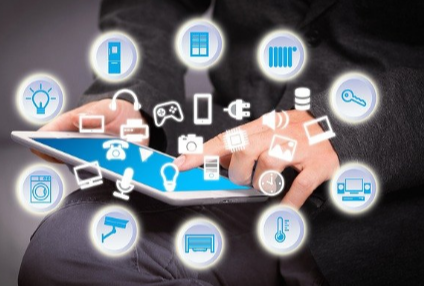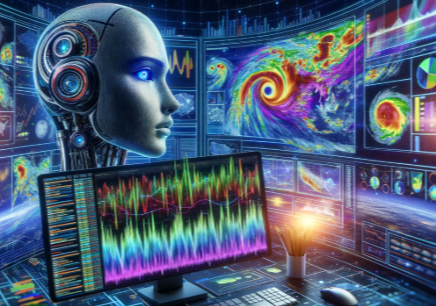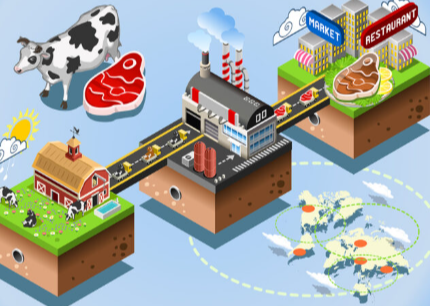The future of technology in home automation and energy efficiency is poised for significant advancements. Smart home devices are becoming increasingly prevalent, seamlessly integrating into daily life. Meanwhile, artificial intelligence plays a crucial role in optimizing energy management. As homeowners explore renewable energy options, the potential for reduced carbon footprints becomes more tangible. However, the implications of these developments extend beyond mere convenience. What challenges and opportunities lie ahead in this evolving landscape?
The Rise of Smart Home Devices
As technology continues to evolve, the rise of smart home devices has transformed the way homeowners interact with their living spaces.
Smart assistants now control connected appliances, offering unprecedented convenience and efficiency. This shift not only enhances daily routines but also empowers individuals with greater control over their environments.
Artificial Intelligence in Energy Management
While traditional energy management systems often rely on static algorithms and pre-set schedules, the integration of artificial intelligence (AI) has revolutionized how energy consumption is monitored and optimized in smart homes.
AI employs predictive analytics to anticipate energy needs, allowing for real-time energy optimization. This dynamic approach not only enhances efficiency but also empowers homeowners to make informed decisions, fostering a sustainable lifestyle.
Renewable Energy Solutions for Homes
Although many homeowners are becoming increasingly aware of the environmental benefits of renewable energy, the practical implementation of these solutions remains a pivotal concern.
Solar panel integration offers a viable pathway to harness energy sustainably, while energy storage systems enhance reliability by storing excess power for later use.
Together, these technologies empower homeowners to reduce their carbon footprint and embrace energy independence.
The Impact of Home Automation on Sustainability
Home automation systems significantly enhance sustainability by optimizing energy consumption and reducing waste.
Features like smart thermostats allow for precise temperature control, minimizing unnecessary heating or cooling.
Additionally, energy monitoring tools provide homeowners with insights into their usage patterns, empowering them to make informed decisions.
This integration not only fosters a more efficient home but also contributes to broader environmental responsibility, promoting a sustainable future.
Conclusion
In conclusion, the future of home automation and energy efficiency heralds an era where technology seamlessly integrates into daily life, transforming homes into intelligent ecosystems. With the power of artificial intelligence and renewable energy solutions, homeowners will wield unprecedented control over their energy consumption, creating a harmonious balance between comfort and sustainability. As these advancements unfold, the potential for a greener planet looms large, promising a world where energy independence shines like a beacon of hope for future generations.



